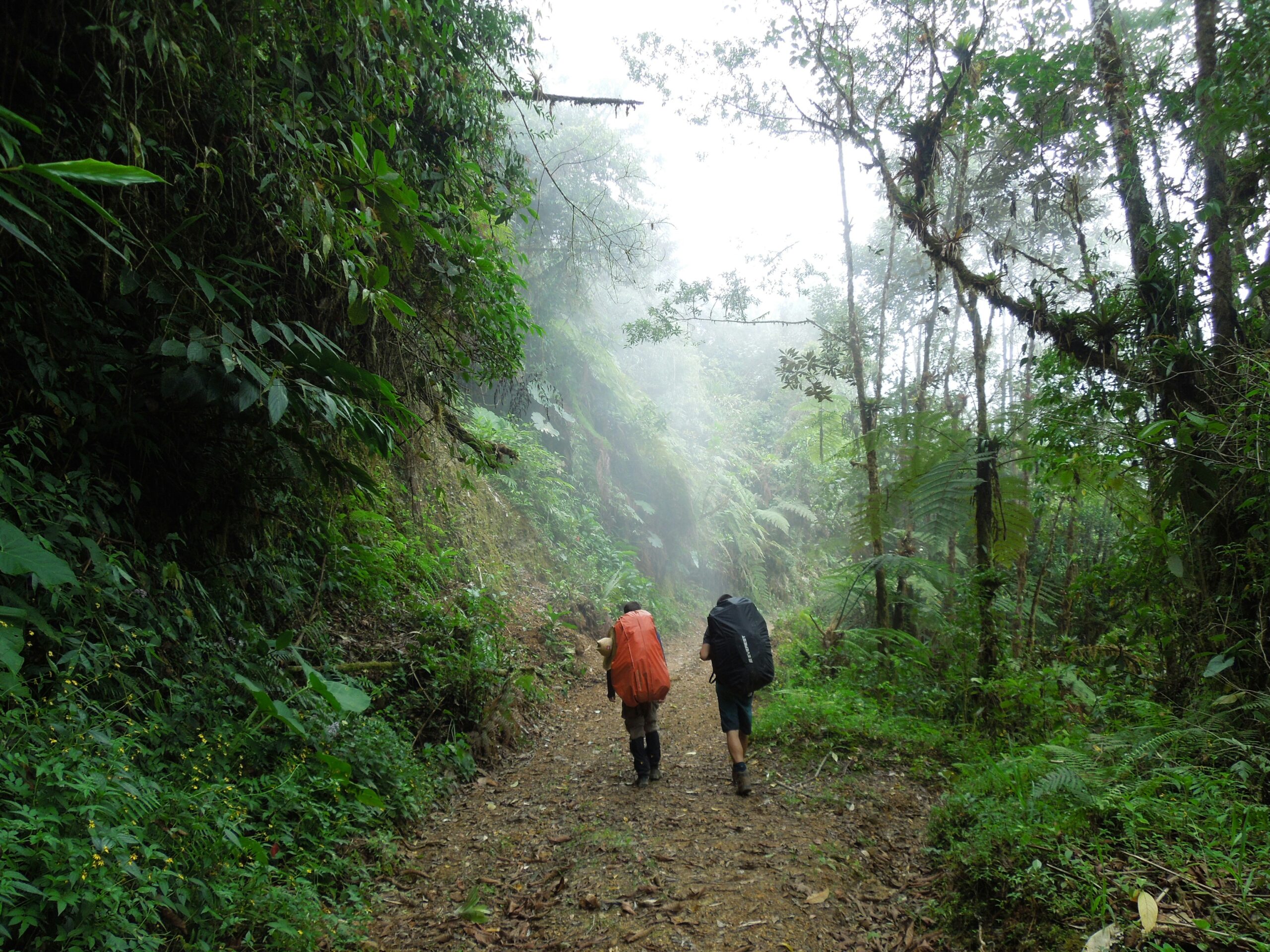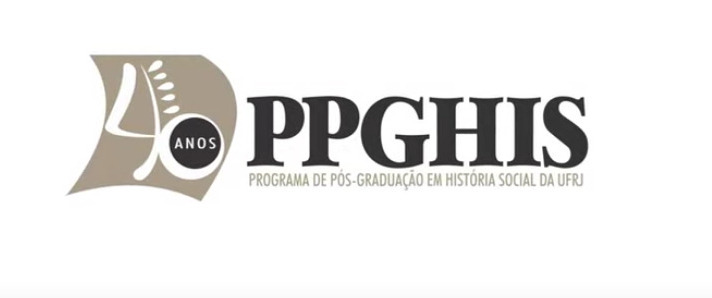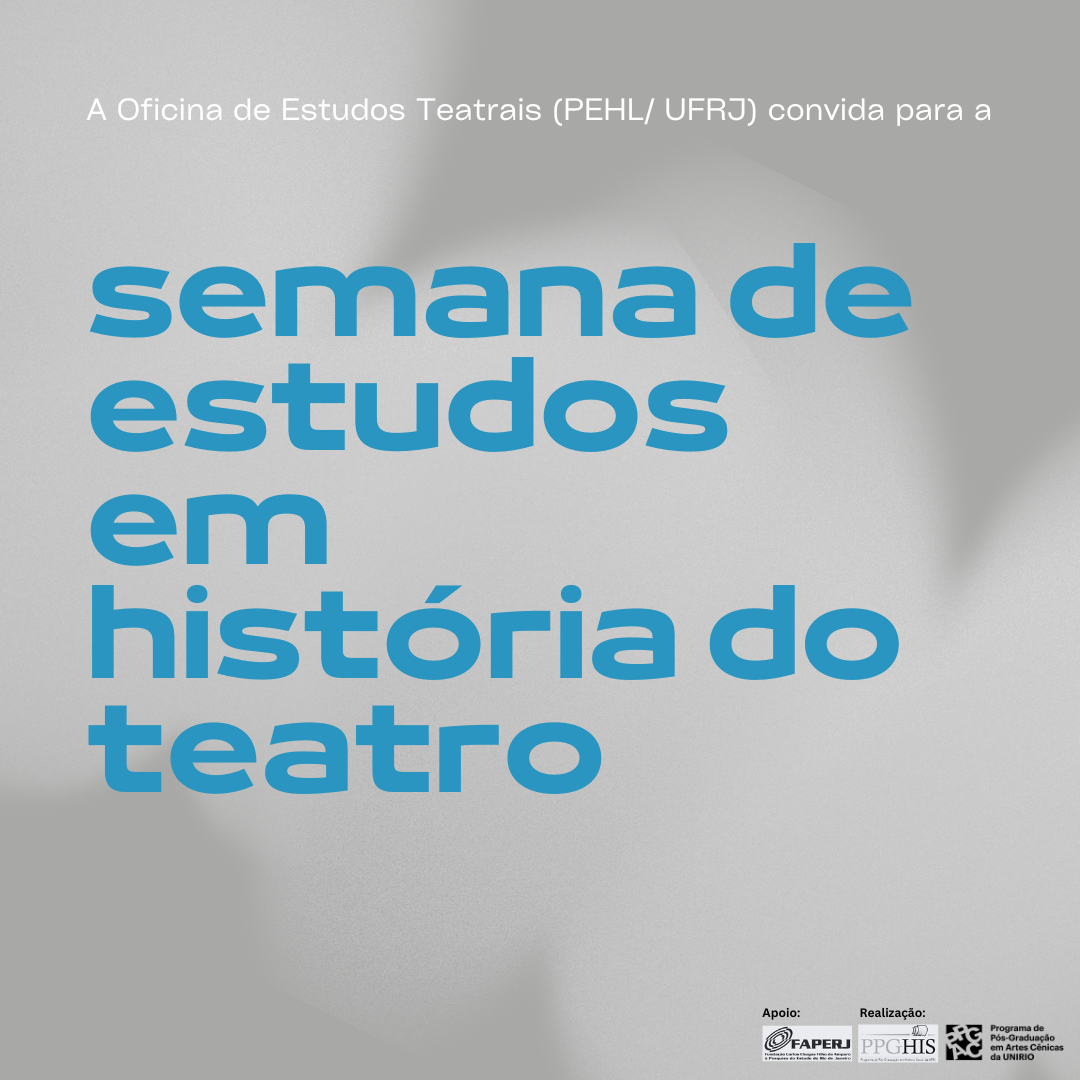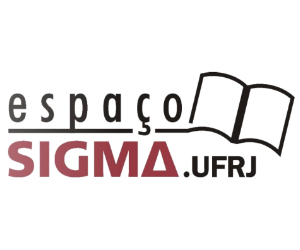An internationalized academic training is essential to the development of fundamental intellectual capacities, and the consolidation of professionals in science. This demand contrasts with the drastic budget cuts currently visible at national and international levels, in a context that is hitting Human Sciences the hardest.
Sephis and LabHen laboratories are promoting the workshop “Academic Paths: Science and Financing,” intended to present PPGHIS/UFRJ students with introductory funding possibilities and strategies for identifying institutional and financial opportunities. These skills are necessary to pursue doctoral or postdoctoral experiences abroad that are consistent with the students’ motivations and have a higher impact on their working community.
Presentations
- Redação de projetos de pós-doutorado: conectando motivações pessoais e impacto social – Dr. Luis Toledo Machado | CISPAC, Centro de Pesquisa Interuniversitária em Paisagens Atlânticas Culturais, Universidade de Santiago de Compostela e LabHen, PPGHIS/UFRJ
- Becoming an international researcher in the Netherlands: Opportunities and strategies – Dra. Sylvia van Glabbeek | Regional coordinator Latin America, International office, Free University, Amsterdam
- “Uncertainties” – Incertezas | edital da Fundação Zeit Bucerius Stiftung (Hamburgo) para bolsas de pré-doutorado, doutorado pleno e completude de doutorado – Prof. Claudio Pinheiro | PPGHIS/IH/UFRJ e Sephis, Conselho da Fundação Zeit Bucerius
To participate, please fill out the following form: https://forms.office.com/e/JA8B4MpfPD
Where: Sala Werneck , PPGHIS and Hybrid
Date: May 7, 2025
Time: 2:00 p.m. to 5 p.m.
Presentations
- Redação de projetos de pós-doutorado: conectando motivações pessoais e impacto social – Dr. Luis Toledo Machado | CISPAC, Centro de Pesquisa Interuniversitária em Paisagens Atlânticas Culturais, Universidade de Santiago de Compostela e LabHen, PPGHIS/UFRJ
- Becoming an international researcher in the Netherlands: Opportunities and strategies – Dr. Sylvia van Glabbeek | Regional coordinator Latin America, International office, Free University, Amsterdam
- “Uncertainties” – Incertezas | edital da Fundação Zeit Bucerius Stiftung (Hamburgo) para bolsas de pré-doutorado, doutorado pleno e completude de doutorado – Prof. Claudio Pinheiro | PPGHIS/IH/UFRJ e Sephis, Conselho da Fundação Zeit Bucerius
Co-organizers: Dr. Claudio Pinheiro and Dr. Lise Sedrez
Sylvia van Glabbeek – Regional Coordinator Latin America, International Office – Vrije Universiteit Amsterdam
Sylvia has been working at Vrije Universiteit Amsterdam since 2017. She started as the university’s representative for Latin America, promoting bachelor’s and master’s programs in the region. Over the years, her role has expanded to include developing strategic partnerships, setting up joint research projects, and coordinating academic mobility between Latin America and the Netherlands. With a background in Communication Studies and as the founder of her own intercultural communication training company, she specializes in Latin American cultures and cross-cultural collaboration. Sylvia is fluent in Dutch, English, and Spanish, and currently learning Portuguese. She is passionate about creating meaningful, sustainable academic exchange and believes that true internationalization requires cultural sensitivity, mutual learning, and long-term commitment.
Luis Toledo Machado
Pesquisador de pós-doutorado na Universidade de Santiago de Compostela (Espanha), vinculado ao Centro de Pesquisa Interuniversitária em Paisagens Atlânticas Culturais (CISPAC). Investiga o papel das comunidades rurais alternativas como agentes de transformação das relações entre ser humano e natureza. Doutor em História Contemporânea pela Universidade Autônoma de Madri (2023), é membro dos grupos de pesquisa HISTAGRA e HISTOPIA, do Conselho Editorial da Revista de Estudios Utópicos REUTOPÍA e fez um estágio acadêmico na Universidade de Princeton (EUA). Atualmente desenvolve trabalho de pesquisa no Laboratório de História e Natureza (LabHeN).
Claudio Pinheiro
Professor no Instituto de História e no PPGHIS/IH/UFRJ, Coordenador da Sephis Laboratório Sul-Norte-Sul de Pesquisa e Intercambio sobre Desenvolvimento, Teoria Social e Pensamento Crítico em Ciências, Conselheiro da Fundação Zeit Bucerius (Hamburgo, Alemanha)





















